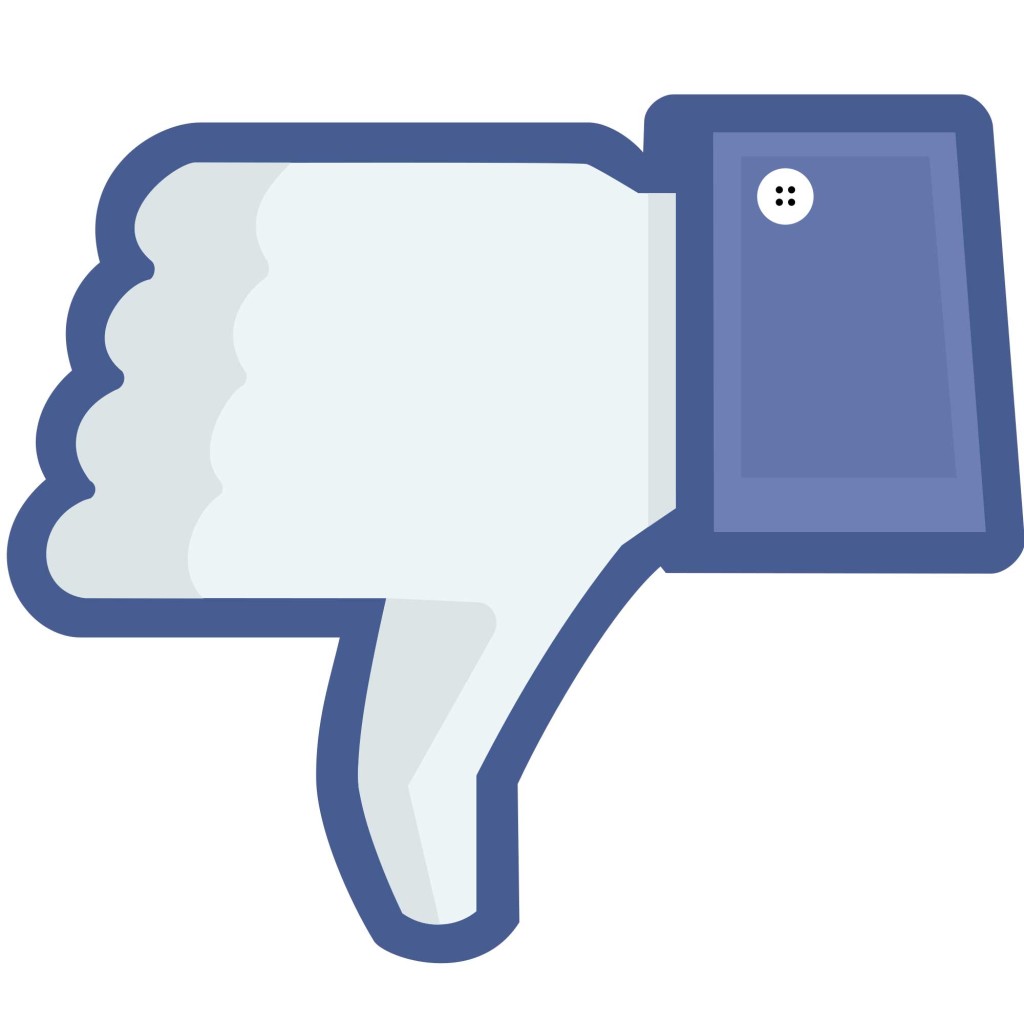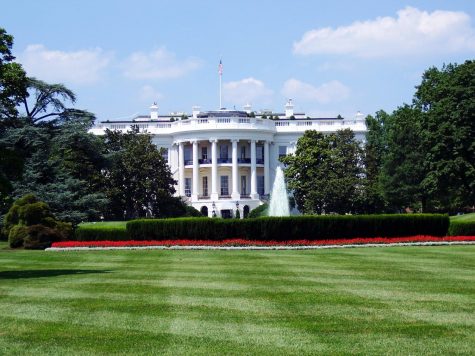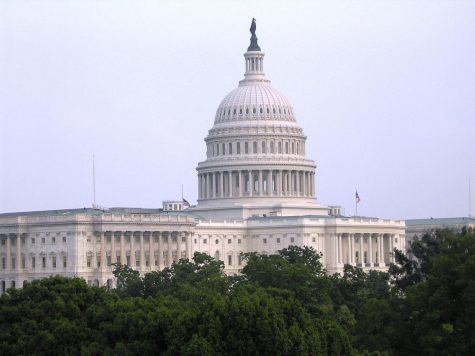Teens lack the responsibility to use social media appropriately
The increase in activity on Facebook, Instagram, Twitter, and other social media sites have practically consumed a considerate chunk of the modern teenager’s time. Anywhere a teen goes, he or she can access these sites from a mobile device or computer. Unfortunately, posts created by teenagers on these social media sites typically have more negative effects than positive effects; the majority of teens can’t handle social media sites responsibly. In fact, clear abuses of these sites have surfaced that are both ridiculous and unacceptable, including constant glorification of mental disorders, aggressive behavior, and adopted superiority complexes.
Teenagers struggle now more than ever with serious mental disorders, such as depression, eating disorders, anxiety disorders, self harm, etc. One way many people have discovered to cope with the issue is artistic expression regarding what they’ve been through. Mental disorders are, without a doubt, a terrible, awful issue that nobody should have to cope with. However, art is always interpretive, and teenagers are still amateur artists. Sure, a large portion of great art has centered around troubled psyches– but these great pieces of art were both published professionally and positively fail to directly glorify any of these mental struggles.
Kids suffering need to have an outlet, and poetry can very well be this outlet– but this outlet needs to steer clear of social media sites. Art can be submitted to publishers that and a more appropriate audience. All in all, art is probably the least effective way to raise awareness, considering the high risk of information being lost in translation. If activism is the goal for these artists, there’s a series of Facebook pages that provide links and information to be shared with those suffering from these disorders. Shared information and experiences regarding mental disorders, especially self harm and eating disorders, need to be straightforward and clear to prevent audiences from interpreting these disorders as beautiful or appealing.
Ultimately, teenagers have a tendency to mistake sites like Facebook for a personal sketchbook or collection of poetry and prose; sadly, with an audience of teenagers that may be easily influenced by one another. You may think your glorification of self-harm or anorexia is harmless or even empowering, but there are people on your friends list that will fail to acknowledge the dark side behind the beautiful art– therefore, the topic being discussed (such as suicide, self harm, or anorexia) will be interpreted as nothing but “beautiful”.
The internet offers a faceless, potentially nameless personality for teenagers to adopt, and it’s virtually void of consequences– the Twitter staff has more important things to deal with than some teenager’s (however undeniably hurtful/intimidating) hashtags. Most teenagers have proven incapable of handling the freedom responsibly, and spend a good chunk of their time harassing other teenagers. Unfortunately, the constant harassment often results in an inflated ego and uncontrollable anger, considering the fights hardly ever get settled amidst all the totally mature name-calling and completely relevant fat jokes– that’s right ladies, calling the other girl fat is the one fool-proof way to win an argument, and it’s classy to boot. Teens get angry and full of themselves when they’re posting generally aggressive comments and statuses all day, and, in no time, the two arguing parties are running into each other at the park and swinging fists, if they haven’t already messaged each other to decide when and where to meet up for the final battle.
Providing teenagers with a kind of anonymous immunity that social media sites offer is a dangerous gift. The lack of face-to-face confrontation and sense of control that these teens experience quickly develops a God complex, which quickly leads to black eyes, and unfortunately, most teens are exhibiting this cyber-turned-reality, violent behavior. If it isn’t the violent behavior, it’s complete irresponsibility; whether or not Facebook fights are a teen’s top interest, overly profane or inappropriate posts are often made that could easily cost the poster a job.
Worst of all, these posts don’t just disappear: one screenshot, and that incriminating photo is permanent, and, whether you believe it or not, these photos surface, and employers do pay attention. This issue branches out even past potential employers onto current employers– immature, irresponsible behavior on social media sites is a quick way to get suspended or even fired.
While some teens are capable of presenting themselves appropriately, a large portion of teens appear to be doing just the opposite. If you can’t be responsible for your boss, at least be responsible for those poor older family members that may stumble upon your posts– no one wants Grandma all upset and wondering where her grandchild learned to curse like a sailor or picked up the hashtag ‘FSPD.’





